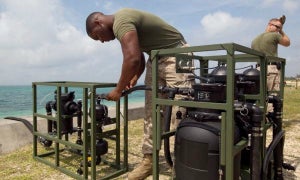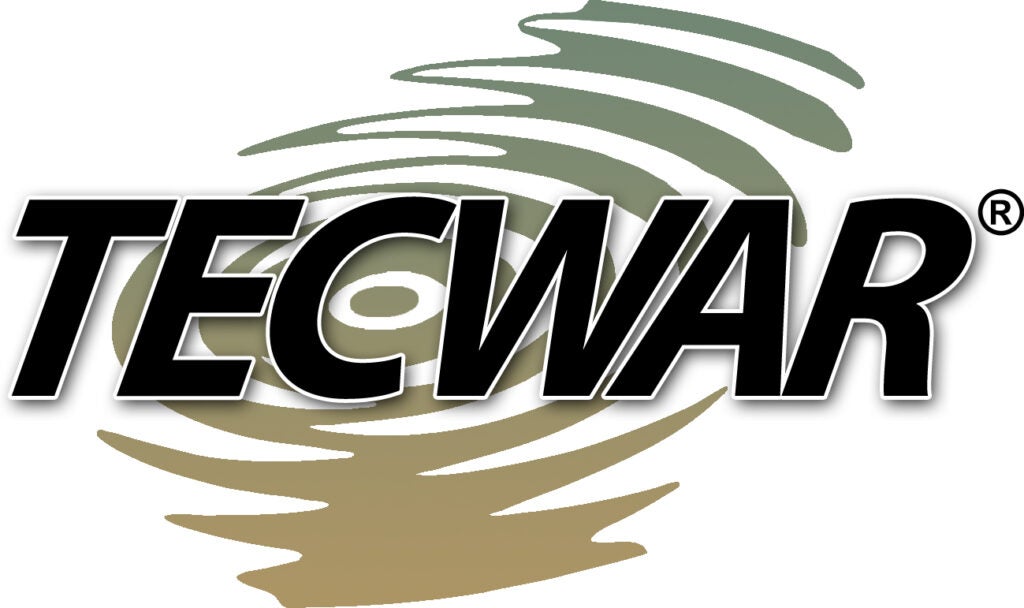
KIN BLUE BEACH, Okinawa, Japan – Marines ran down the beach and entered the surf, taking their filtration system’s equipment with them. With the pull of a cord, the pump roared to life, drawing water through multiple layers of the filtration system, cleansing it until potable drinking water was produced.
Utilities Platoon with Marine Wing Support Squadron 172 executed water production operations on Kin Blue beach near Camp Hansen April 29 to May 3 in order to train new Marines and test the functionality of the water purification systems.
With an increased number of new Marines, it was important for the squadron to train the Marines in water purification operations, according to Staff Sgt Pete Leyva III, an electrician with MWSS-172, Marine Aircraft Group 36, 1st Marine Aircraft Wing, III Marine Expeditionary Force.
He said: "The training helps Marines meet their requirements, so they can go to future exercises and operations, and it teaches them what it takes to purify water in a field environment."
MWSS-172 participates in a variety of exercises in the Asia-Pacific region where the squadron provides potable water for humanitarian assistance and disaster relief and other uses such as laundry and showers, according to Chief Warrant Officer Victor E. Velasquez, a utilities officer with MWSS-172.
Velasquez commented: "The purpose of MWSS-172 is to support MAG-36 and 1st MAW wherever we are needed, such as Exercise Balikatan or Operation Tomodachi.
"Both the lightweight water purification system and tactical water purification system help us meet that requirement."
The process of purifying water is a long, complicated task simplified with the specialised equipment, according to Velasquez.
Marines begin by inserting strainers into the surf. The strainers are attached to pumps that pull water from the ocean and move it through a series of filtration systems, making the water potable.
"Situations that require this training include humanitarian assistance and disaster relief operations, where the area we are assigned lacks water to drink," said Sgt. Anthony W.
Griggs, a water support technician with the squadron added: "If there is a case where the water is contaminated, we have biological decontamination systems that come with tactical water purification systems (TWPS) and lightweight water purification systems (LWPS) to purify the water, so it is drinkable."
Marines encountered some difficulties while training, such as changes in the tide, but the Marines overcame the issues and continued training.
"Each field exercise is different, forcing us to adapt, but it makes us better prepared the next time we train, and I am thankful for my unit to have that ability," said water support technician with the squadron Lance Cpl Cecilia M Mavrommatis.

